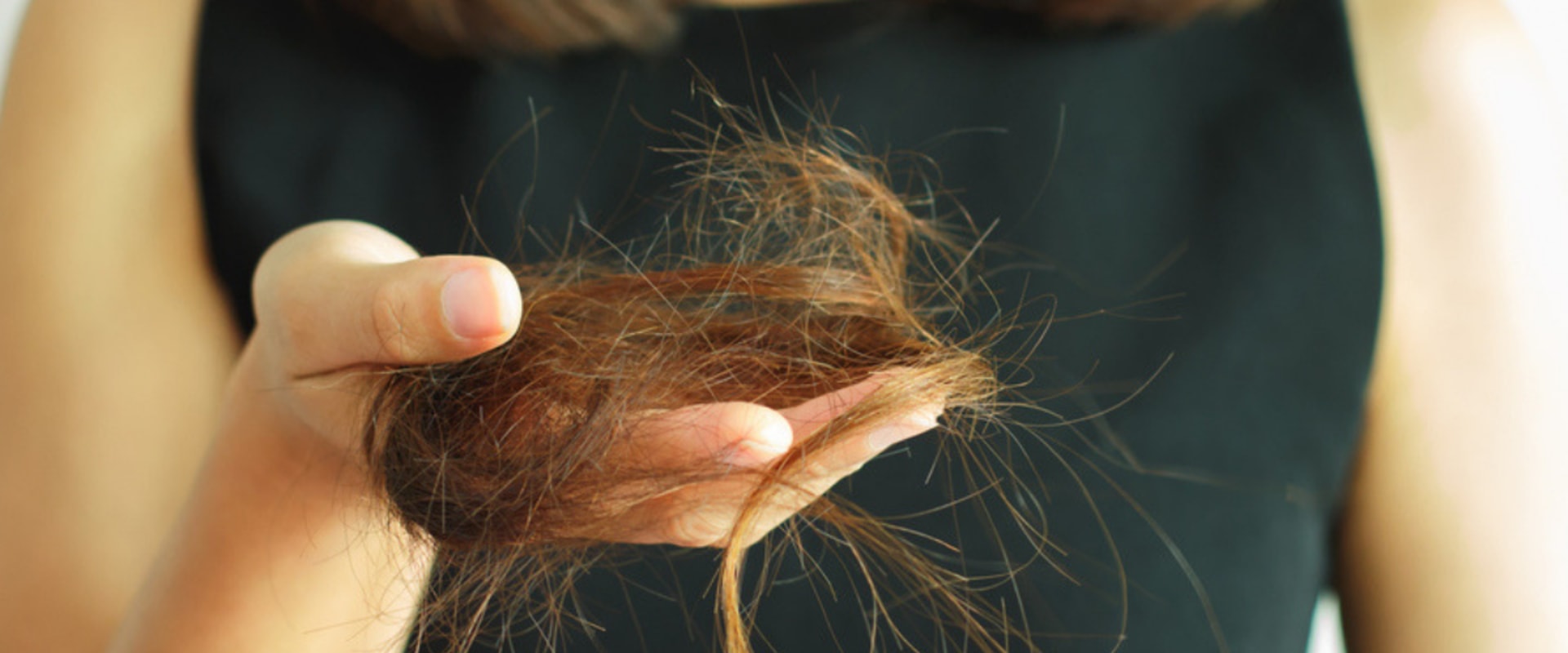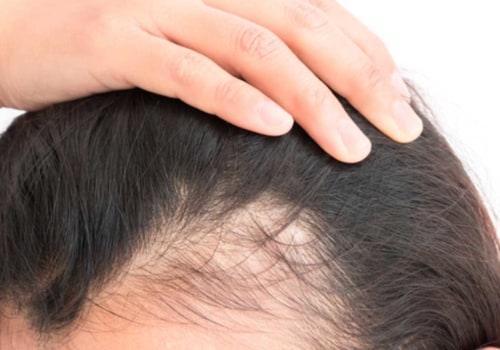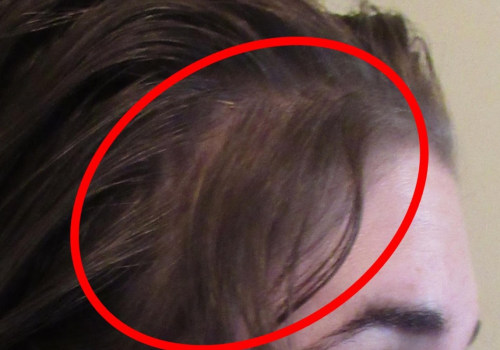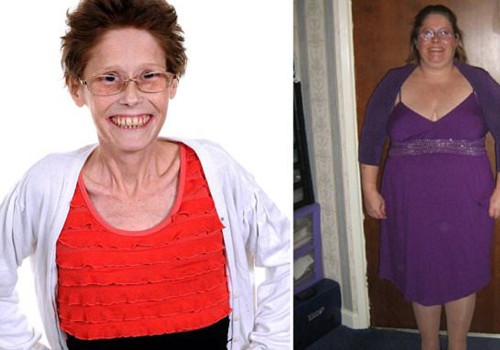You may see more hair thinning with weight loss. This temporary form of hair loss is known as telogen effluvium. Fortunately, hair loss from weight loss is usually temporary and will usually grow back once you eat an adequate amount of protein again. In some cases, weight loss can lead to side effects, including hair loss.
Both the body and the hair follicles react to the physical stress of severely reduced calories or lack of necessary nutrients. When the body is denied nutrients, especially proteins, it stops hair production to save nutrients in order to preserve vital organs. Mass detachment does not happen immediately. In some cases, people notice that their hair loss worsens after they stop intense dieting.
It can take up to a year for lost hair to grow back, as they have to go through a resting phase after massive hair loss. Extreme weight loss can also result in increased production of male sex hormones called androgens. These hormones are meant to kill hair follicles. Once the hair follicles are destroyed, there is no chance that it will grow back.
Rapid weight loss after bariatric surgery also causes hair loss. However, in the long term, improvements in nutrition lead to better hair growth. In most cases, the hair will grow back in about six months. Massaging the scalp is said to promote blood flow to the area and thus create a more suitable environment for hair to grow.
This can be done in a variety of ways, but I use a shampoo brush with soft silicone bristles every time I wash my hair. After applying my shampoo, I use it to rub it, moving it around my scalp in 15-20 second bursts until it covers my entire scalp. Hair loss due to sudden decrease in body weight is not permanent. There are several ways to resume healthy hair growth.
Your body needs adequate calories and protein to feed the hair follicles. According to some experts, the more weight you lose, the more likely you are to experience some degree of hair loss. Losing and regaining weight for many years can affect your metabolism and hair growth. Some people may experience hair loss within 3 to 6 months of starting diets (e.g.
In general, a balanced and healthy diet should reverse hair loss within six months. Like fast diets, restrictive diets that eliminate entire food groups can lead to hair loss as a result of nutrient deficiency or stress. Biotin is perhaps the most obvious supplementary option for those who try to strengthen hair and nails and take it (although there is conflicting evidence that this is effective). Telogen effluvium is probably the second most common form of hair loss caused by stress and shock diets.
In 79% of people who reported hair loss, loss began 3-4 months after surgery and lasted an average of 5.5 months (1.In short, this type of hair loss is a diffuse hair loss in relation to the normal cycle of hair growth. During your private consultation, we will fully examine your scalp to determine the reason for your hair loss and then discuss the most effective and personalized hair restoration solutions just for you. Also, if you follow a dietary pattern that restricts many foods, such as a vegetarian or vegan diet, that may be low in nutrients associated with hair loss, such as iron and zinc, be sure to include nutrient-rich foods and supplement them with nutrients that your diet lacks (22, 23, 2). causes physical stress, which signals the hair follicles to pass into an inactive stage.
In particular, participants with hair loss had much lower levels of zinc and vitamin B12 both before and after surgery (. If you experience hair loss, it is essential that you identify the cause before attempting to treat it. Contact us today, schedule your consultation with hair professionals and explore the possibilities. However, hair loss can also be due to underlying health problems, so it's important not to self-diagnose hair loss as being related to weight loss.
Limiting calories is essential for weight loss, but excessive restriction leads to hair loss, since lack of nutrition does not complement hair growth. Poorly planned diets, such as fast diets, can cause deficiencies in essential fatty acids, zinc, protein, and calories in general, all of which can lead to hair loss (. For people with hair loss, iron supplements in the form of ferrous fumarate at 320 mg may be recommended. .
.





